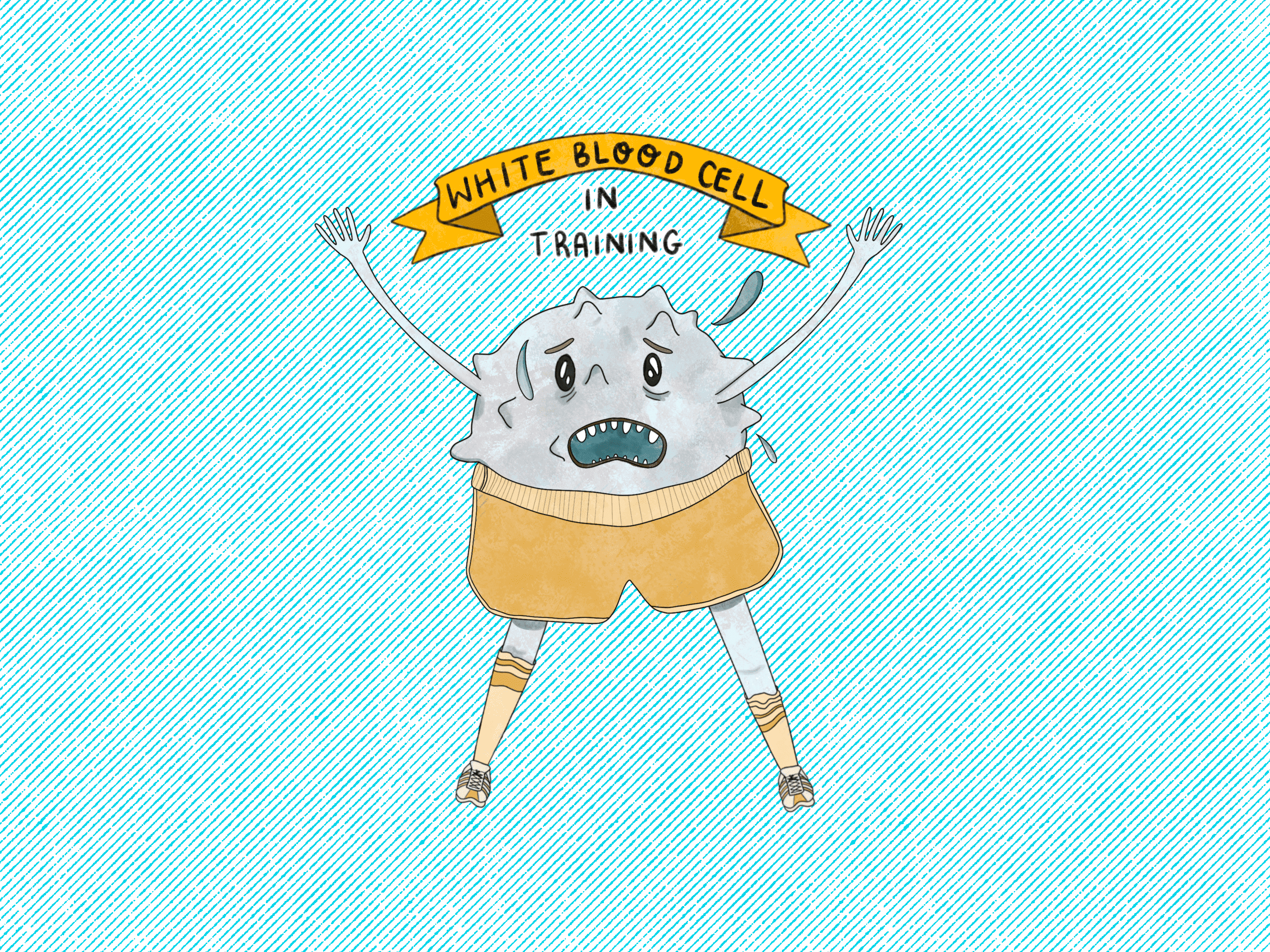Memory is invaluable when it comes to the immune system. The immune system is the body’s natural defence mechanism against infection or foreign pathogens and is made up of two key systems. The innate immunity is a rapid, non-specific first response to pathogens or tissue injury. In contrast, adaptive immunity provides a highly specific and prolonged response by remembering attacking bodies and eliminating recurring infections.
For several years, researchers have maintained that immunologic memory is exclusive to adaptive immune cells called lymphocytes. Trained immunity, however, challenges this dogma by suggesting that the body’s immediate responders, innate immune cells, are also capable of immunologic memory to a certain degree. It proposes that the body’s innate immune system is able to adapt and resist subsequent infections with a more potent, persistent response than previously thought.
In partnership with the RIKEN institute, McGill Microbiology and Immunology professor David Langlais looks to explore the mechanisms of trained immunity by using an interdisciplinary approach of genomics and immunology.
Immune cells are often regulated by signalling pathways. Cell signalling, a form of cell-to-cell communication, is responsible for coordinating functions between multiple cells.
“It has been known for a while that a combination of signal inputs from different cells can influence a different output,” Langlais said in an interview with The McGill Tribune. “Trained immunity is the product of these input interactions that can change how the cell adapts itself to the next signal it receives.”
The functional reprogramming of innate cells was first observed in plants and invertebrates, organisms that lack an adaptive immune system. It was noted that foreign triggers could boost recurring immune encounters by enabling stronger, more rapid responses. Response molecules called cytokines were released upon exposure to subsequent challenges. These reactions are hypothesized to stem from modifications in mechanisms responsible for gene expression, known as epigenetic regulation, instead of the genetic code itself.
“Rather than changing the DNA sequence of the genome, knowing when and how a gene is expressed […] can not only explain reprogramming of cells, but also raise questions on the possible trans-generational and disease-causing effects it may carry,” Langlais said.
The challenges of elucidating the mechanisms of gene expression are mainly due to the limited tools available for isolating trained immunity within individual cells. Langlais believes that McGill’s collaboration with RIKEN could change that.
“We are restricted to studying chromatin changes to cell clusters, which is not as effective as being able to see how each individual cell’s DNA expression is being altered to reprogram current and future innate immune cells,” Langlais said. “Using the resources of both institutions, we will use single-cell genomics to develop a new bioinformatics tool to address this limitation.”
Researchers are actively investigating trained immunity in the context of the current pandemic. A preprint study reported on the potential effectiveness of leveraging non-specific innate immunity to protect against COVID-19 by providing a booster dose of the Bacillus Calmette-Guérin (BCG) vaccine, usually used against tuberculosis bacteria. None of the 71 participants who received the booster vaccine fell sick.
“The role of the BCG vaccine trials in [fighting] COVID-19 is not to generate a specific response against [the coronavirus],” Langlais said. “It is being used to change the functional state of the innate immune system at the genomic level so it can adapt its existing response to a second infection by giving a higher magnitude and modified speed of response.”
Indeed, a higher infection rate of 8.6 per cent was observed in the unvaccinated group. Although the tuberculosis bacterium and SARS-CoV-2 virus are different pathogens, these results show that mobilizing the immune system against one could potentially protect against the other.
While COVID-19 has brought more attention to trained immunity, research on this subject is often forgotten due to the lack of resources available to produce more relevant, accurate evidence on its impacts at the genomic level. With increased funding in this domain, researchers can not only improve upon classical immunology but provide new approaches to treating inflammatory diseases.









